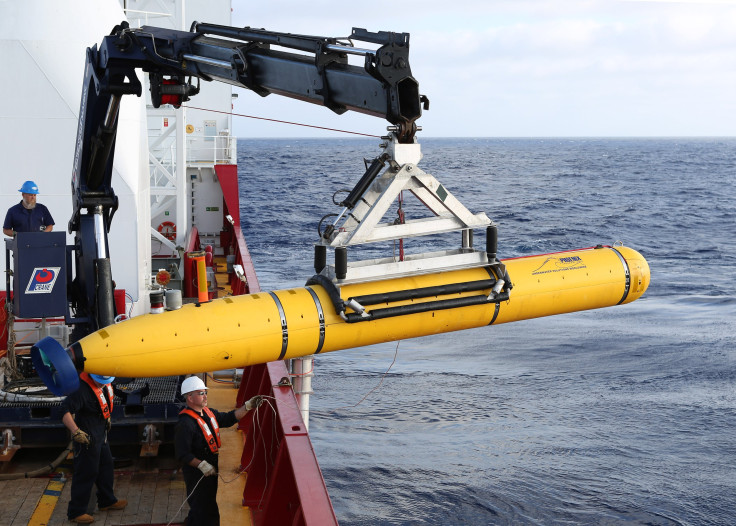Flight MH370’s Disappearance Prompts UN Aviation Agency To Impose New Rules For Real-Time Tracking Of Aircraft

Civilian aircraft will be required to carry tracking equipment that can send out their location at least once in 60 seconds in distress, under a set of provisions announced by the United Nations aviation agency Monday in the aftermath of Malaysia Airlines Flight MH370's disappearance. The requirements will go into effect by 2021.
Under the International Civil Aviation Organization's (ICAO) proposals, airline operators will have to make sure their plane’s flight recorder data can be recovered. The requirements also increased the duration of cockpit voice recordings to 25 hours.
"Taken together, these new provisions will ensure that in the case of an accident, the location of the site will be known immediately to within six nautical miles, and that investigators will be able to access the aircraft's flight recorder data promptly and reliably," ICAO Council President Olumuyiwa Bernard Aliu said, in a statement, according to Reuters. "They will also contribute to greatly improved and more cost-effective search and rescue operations," he added.
The Beijing-bound Flight MH370 went missing on March 8, 2014, with 239 people on board after taking off from Kuala Lumpur, the capital of Malaysia. Authorities launched a multimillion-dollar search operation for the Boeing 777-200 aircraft in a remote part of the southern Indian Ocean, with no solid clues about its whereabouts. Search vessels have so far covered 32,818 square miles of the total 46,332 square miles of designated search area. Authorities also have said the search is due to be called off in June if no wreckage is found.
Last November, officials reached a decision at a U.N. conference in Geneva to enable real-time tracking of commercial aircraft anywhere in the world using satellites, in a move influenced by the missing Flight MH370. Under the deal, the satellites will receive transmissions, known as automatic dependent surveillance-broadcast, or ADS-B.
© Copyright IBTimes 2024. All rights reserved.












